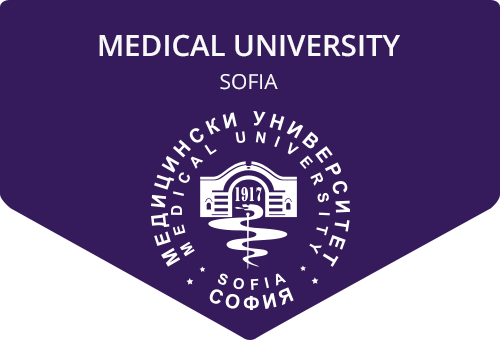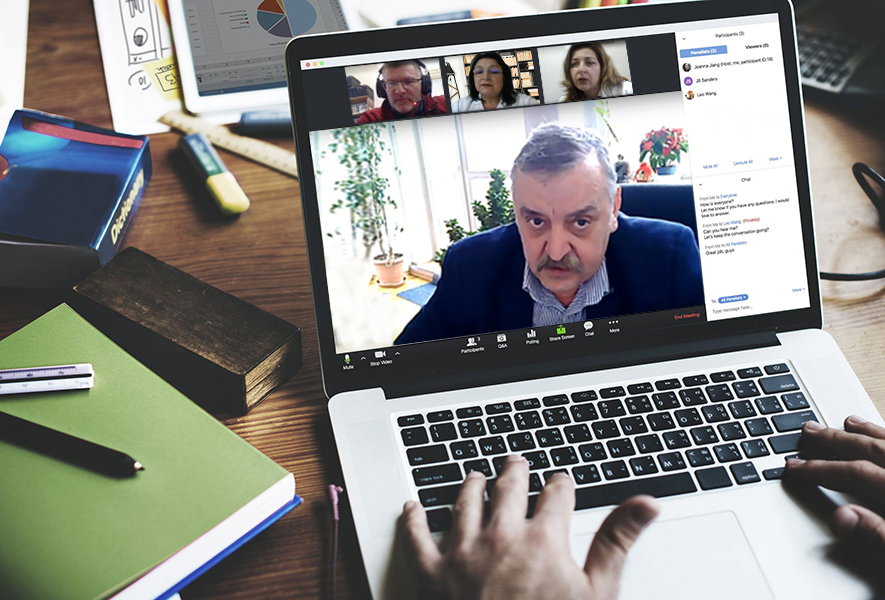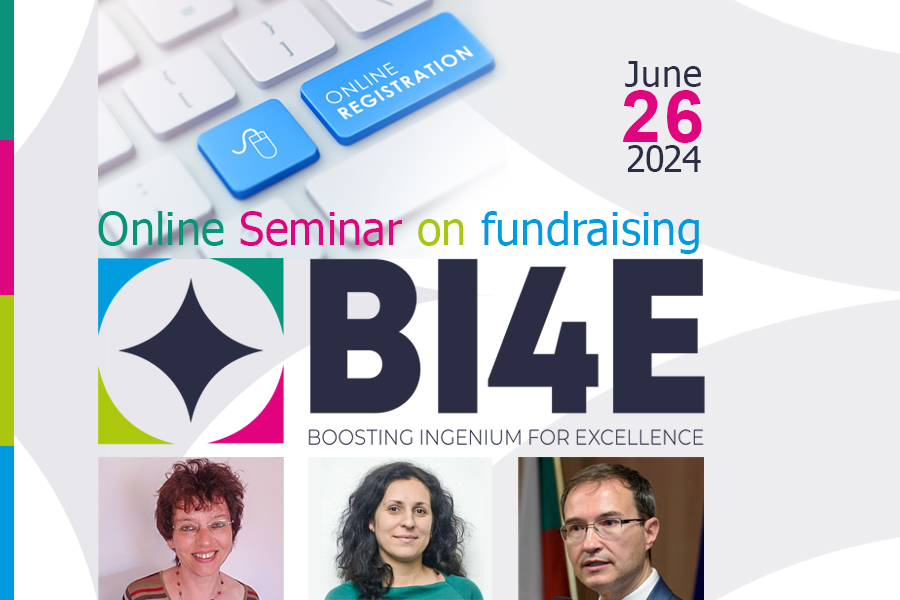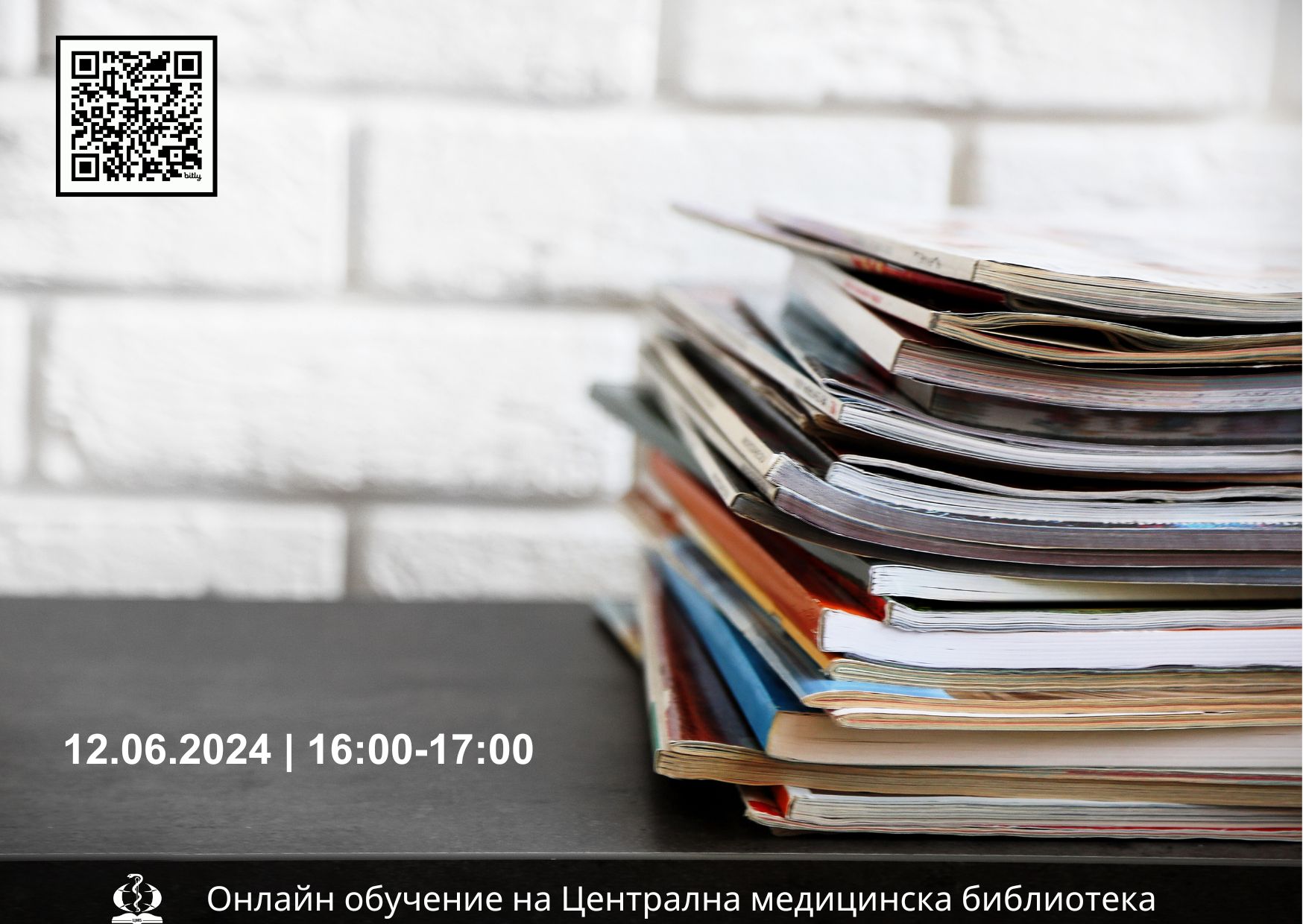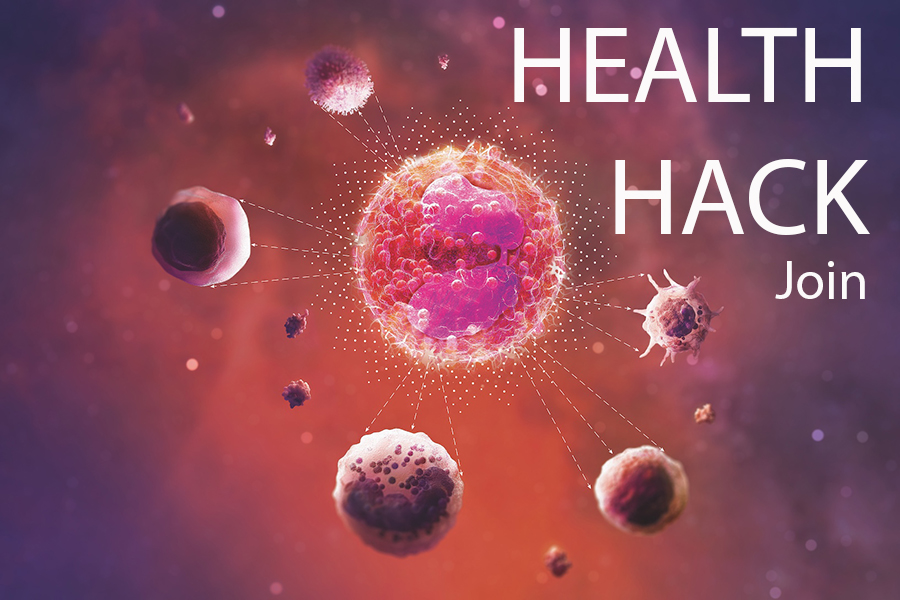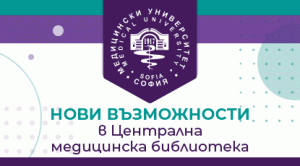“We should not talk about haste in approving the use of vaccines.”
“The most common side effect is pain at the place of vaccination.”
“The British type of Coronavirus should be called a new line, not a new strain.”
“The vaccine in no way affects the reproductive ability.”
These are some of the highlights of the webinar ” Vaccines for Covid-19: Experts Talk “, held yesterday for internal audiences at the Medical University – Sofia. Specialists from various fields of Medicine and Pharmacy answered live questions from students, professors and university staff.
The event was opened by Vice Rector for Academic Affairs Prof. Carolina Ljubomirova, MD and was moderated by prof. Todor Kantardzhiev, Director of the National Center of Infectious and Parasitic Diseases. Participants were Prof. Dr. George Momekov, Chairman of the Bulgarian Society of Pharmacy and professor at the Faculty of Pharmacy of MU-Sofia, Assoc. Prof. Lubomira Nikolaeva-Glomb, MD from the Department of Virology of the National Center of Infectious Diseases and Associate Prof. Nina Yancheva, Head of Department of Infectious Diseases, Parasitology and Tropical Medicine at the Medical Faculty of MU-Sofia. The experts also made brief presentations on various aspects of the vaccines theme.
Important distinction between the terms strain and line, in connection with the new type of the Coronavirus, was made by Assoc. Prof. Glomb. In her presentation, she clarified the concepts of classification of viruses – such as family, genus, species, strain, and line – emphasizing that the correct term for the new “British” variant is “line” but not “strain”. She compared the mutational frequency of the virus with other viral families and talked about the prospect of developing vaccines in view of the relative stability of coronaviruses in general. “I am convinced that we will have an effective, good vaccine for this coronavirus. Whether it will be one that requires more frequent application, or will be one forever, it is yet to find out. “, said Assoc. Prof. Glomb.
Prof. Momekov explained how the permission for the use of vaccines is made and that in the current situation there should be no rush. The marketing authorization is based on a positive benefit-risk balance. The urgency of the situation has necessitated the application of the so-called rolling reviews. The scheme for them is as follows – at the moment, when the survey data are received, they are submitted to the certification agencies. This means that when a complete set of all available vaccine data was submitted, the agencies already had time to look at the different phases of testing step by step. This allows the regulatory body to get acquainted with its results in parallel with the clinical evaluation process.
Prof. Momekov said that now for the specialists the United Arab Emirates are on the focus of interest, as they are able to provide rapid data, within the post-marketing, for comparison with other vaccines.” In the UAE people get vaccinated with several vaccines, so at the same time we can see what happens in the real world, in a controlled situation fairly quickly. My opinion is that at this stage the vaccine has no alternative, and while processing the vaccination, we have no alternative and methods other than wearing masks and keeping a distance.”
The difference between an adverse drug reaction and an adverse event was clarified by Assoc. Prof. Yancheva, who listed the mild and serious drug reactions in the currently used in Europe vaccines for Covid-19, compared to the latest data.
“The most common local reaction is pain at the place of vaccination, and the most typical reactions appear to be headache, adynamia and muscle pain,” summarizes the data Assoc. Prof. Yancheva. More data on the Russian Sputnik vaccine is still missing. It has been reported that 15% get fever and redness at the place of injection. There are also reports of some very rare cases of adverse effects that have been recognized by the US Food and Drug Administration (FDA) as possibly related to various vaccines.
When asked if vaccines affect the reproductive ability, the answer was that this claim came from the suspicion that it affects a protein that is involved in the formation of the placenta. But many world known scholars have expressed the view that in no way the antibodies against vaccines influence this particular protein, so it is considered that the vaccines would not lead to infertility.
When taking anticoagulants and if having problems with blood clotting, it is enough to take the appropriate measures against bleeding. Regarding allergic reactions, Prof. Kantardzhiev shared data from one American scientific publication, according to which when the first 1,800,000 doses of the vaccine were administered in the United States, 70% of allergic reactions occurred within the first 15 minutes after vaccination.
Asked whether vaccines based on vectors (adenoviruses) have the potential to develop malignancies, the answer was that they should not. Regarding the risk in people with Hashimoto’s autoimmune thyroiditis, it was said that there was no evidence that it was a problem. Some autoimmune diseases are at risk for more severe Covid-19 cases, so it is a good idea to get vaccinated. On the other hand, if patients are currently on immunosuppressive therapy, the vaccine will not have the desired effect on them and it is better to wait.
“The measures will remain unchanged for a long time and must be followed with conviction. Dear colleagues, urge people to wear masks, persuade them not to get close for a long time, convince them to integrate ventilation often”, said Prof. Kantardzhiev during the conversation.
In conclusion, Prof. Lyubomirova stressed that this webinar has once again proved that Medical University – Sofia is a hub of highly specialized knowledge, which is especially important in key public issues such as the pandemic at the moment. “I thank all the participants and I hope that our students and teachers will use and share this valuable scientific information to return to normal life,” said the Vice-Rector of the Medical University of Sofia as a final of the webinar.
